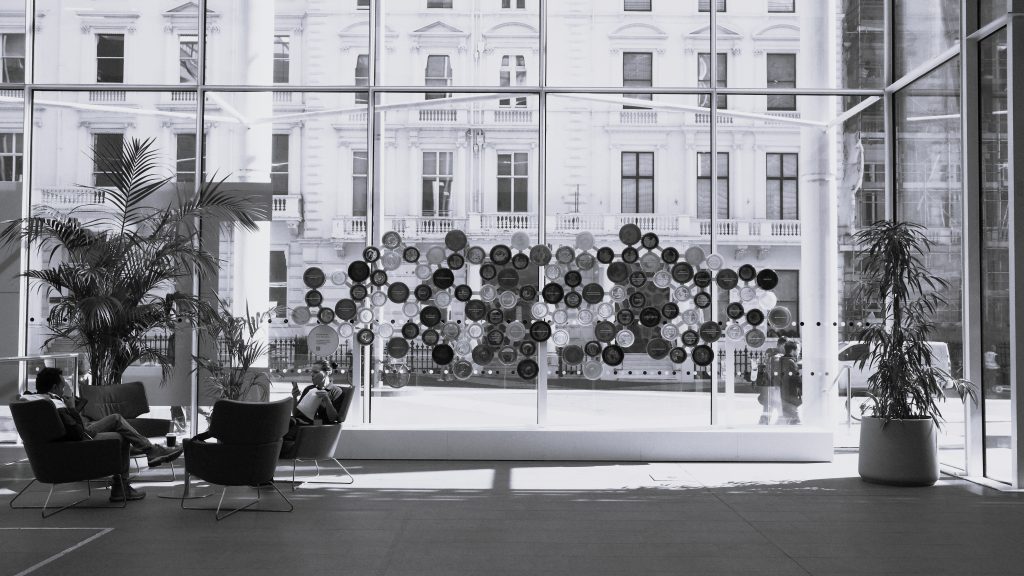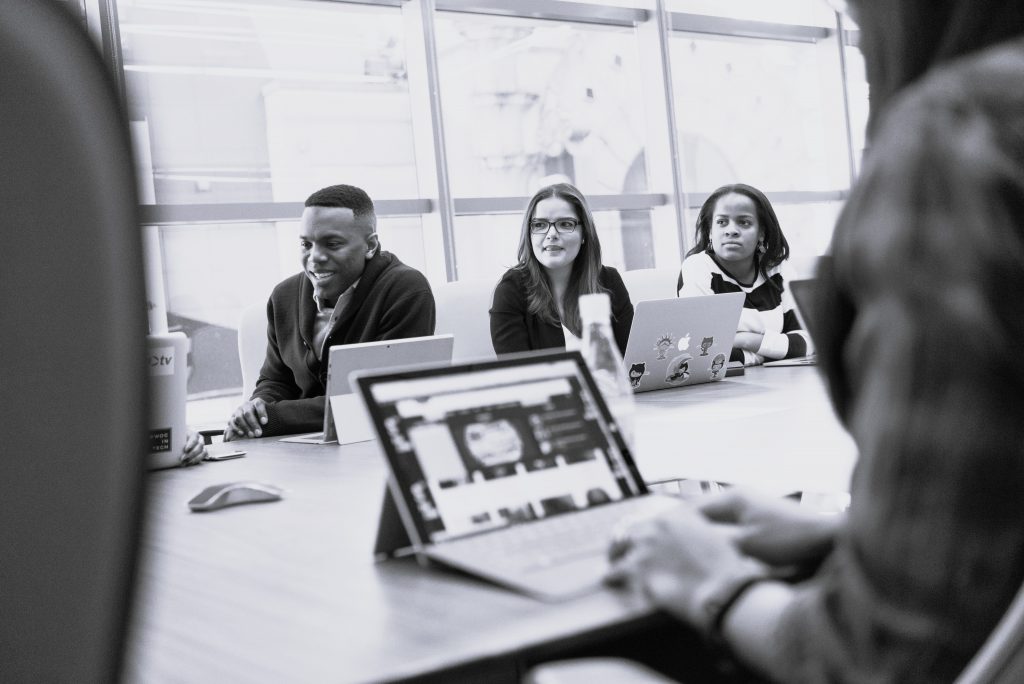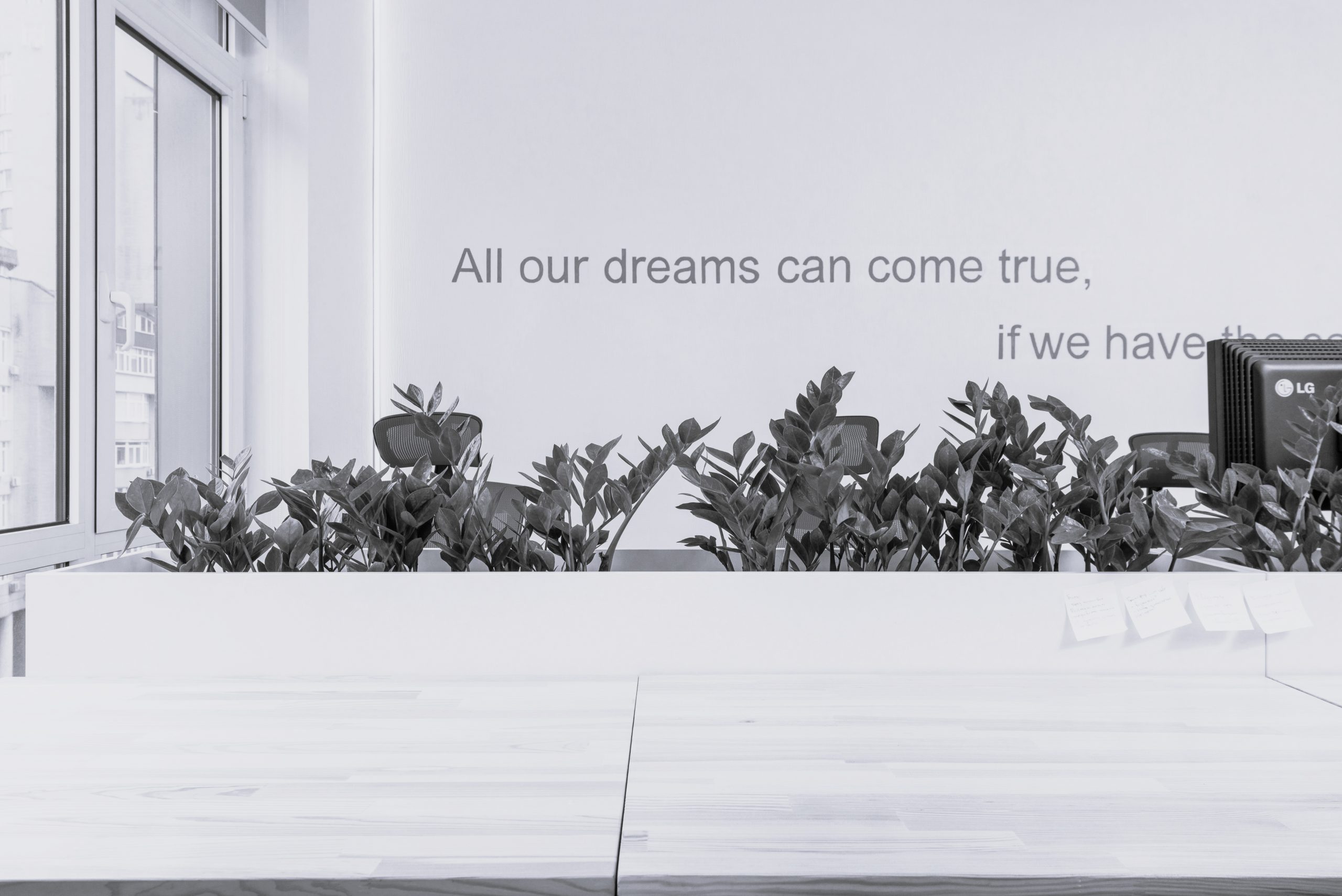It’s coming up to three years since I joined the real estate industry. I’ve learnt a lot in the city compared to life back home in sleepy Suffolk. My frustration has grown from the incompetence, my own and others, but so too has my love of the industry.
I haven’t really left my desk as much as I have wanted. However, having joined Teams calls with people from all corners of the Earth, its felt like I’ve travelled a lot. I’ve seen cities through screens and met different personalities; some I’ve not clicked with, but others have felt like high school friendships.
The industry, what I perceived as an unshakable monument to corporate might, is now a living, breathing entity, sometimes thriving, sometimes gasping for air. And much like the cities we inhabit, its bones tell stories of resilience, failure, and transformation. This article is a short summary of the important lessons I’ve learnt over the last three years.

Lesson 1: The market is never as predictable as you think, adapt to the culture you are in.
Early on, I assumed that market trends were reliable. That demand in one city could be replicated in another. I was wrong. I’ve spoken to agents across the world where cities with once-coveted office spaces sit vacant. Meanwhile, in other cities, landlords still have the upper hand, banking on scarcity. I’ve learnt real estate is hyper-local. What works in one city can crash and burn in another, and reading the room is just as important as reading the data. The culture around the office defines the space. You can’t replicate Western cultures in Eastern markets, and the excitement and joy doesn’t come from replicating what we know in a place we don’t. The occupiers who understand they are a global brand, but realise local norms are those that have the happiest employees and happiest customers.
Lesson 2: Never underestimate the power of flexibility
Early on, I thought long-term leases were king. Stability and prestige mattered more than adaptability. But the reality is that the modern workplace is all about flexibility. Amsterdam’s flex-space boom taught me that companies now value choice over permanence. I’ve also seen traditional firms struggle to let go of their prestigious but impractical headquarters. The ability to pivot, downsize, or scale up is more valuable than having the biggest space.
Lesson 3: Landlords blink first (most of the time)
I once believed landlords held all the cards. That they’d wait out downturns and refuse to budge on terms. And while some do, I’ve seen many crack under pressure, offering rent-free periods that stretch from three months to twelve, throwing incentives at tenants to keep spaces occupied. The mistake? Assuming negotiations are static. Landlords will bend when the market forces them to, and the best deals go to those who push the hardest at the right time. The art of the negotiation isn’t dead. However, there is always a third party in every negation, the politician (arguably the one party no one can ever negotiate with). Most importantly, landlords want the biggest tenants. Their properties gain value, gain popularity, but also, we can’t ignore the human condition of competition. Everyone wants to be the person people go to, and landlords want to make their properties the place that companies go to.

Lesson 4: The office is not just an expense, it’s an experience
For a while, I saw office space as just numbers, square footage, rental rates, yield. But the pandemic didn’t kill the office; it just forced us to rethink why it exists. Employees want wellness spaces, rooftop gardens, and workplaces that make their day better. CEOs need to justify why they’re spending millions on a lease. Investors demand sustainability and ESG credentials. The mistake I made? Thinking the contract was the only driver. The office must prove its worth every single day, and amenities are equally as important as the price. I see interest as a bell curve. The lower the rent the less interest, in the same way the dearer the rent the less interest. A firm’s values need to match the space and the middle ground at the top of the bell curve acts as a modest and humble space occupiers make the space their own, reflecting the company values. Too many feature amenities by a landlord somehow acts as a deterrence. The space no longer reflects the occupier; it reflects the landlord. Clients think of the building you’re in, not the company you’ve become. I will admit it’s difficult to say that postcodes don’t matter, because if you’re on the best street in town people will be impressed no matter what. However, with gentrification turning areas once overlooked into the next upcoming place, it’s become a mistake to overlook these areas based just on their address.
Lesson 5: Personality sells more than you think
For a long time, I believed that working at a big-name firm was enough. That clients bought the brand, the reputation, the prestige of a global operation. That’s true to an extent. But then I saw something interesting: smaller firms, boutique agencies, even one-man bands were starting to win a bigger piece of the pie. Why? Because people buy people. Clients don’t just want a service; they want a trusted voice, a personality, someone they can believe in. I’ve learned that if you embrace who you are, sell your unique approach, and build relationships based on authenticity rather than just expertise, you become more valuable than the firm you work for. In the end, clients invest in the person across the table, not just the logo on their business card.
My biggest takeaway – Nothing stays the same
If there’s one thing I’ve learned, it’s that commercial real estate is never static. The best spaces evolve, the smartest companies adapt, and the most successful landlords listen. As a graduate surveyor, in the few deals I’ve walked into I’ve gone in thinking I knew how they’d play out. Only to be humbled by unexpected shifts. My mistakes have taught me that nothing, no lease, no market trend, no tenant decision, is ever truly permanent. Personalities, and in some ways egos, are the most important thing in a relationship. Understanding human condition is the best skill to master and the best way to learn is to listen, jumping into environments that you know nothing about. In the short term make sure that the work you pass on to whoever is above you, is the best work you can produce to your ability.
So, what’s next? Keep learning. Keep questioning. Most importantly, never assume you have it all figured out, because the moment you do, the market will prove you wrong.




